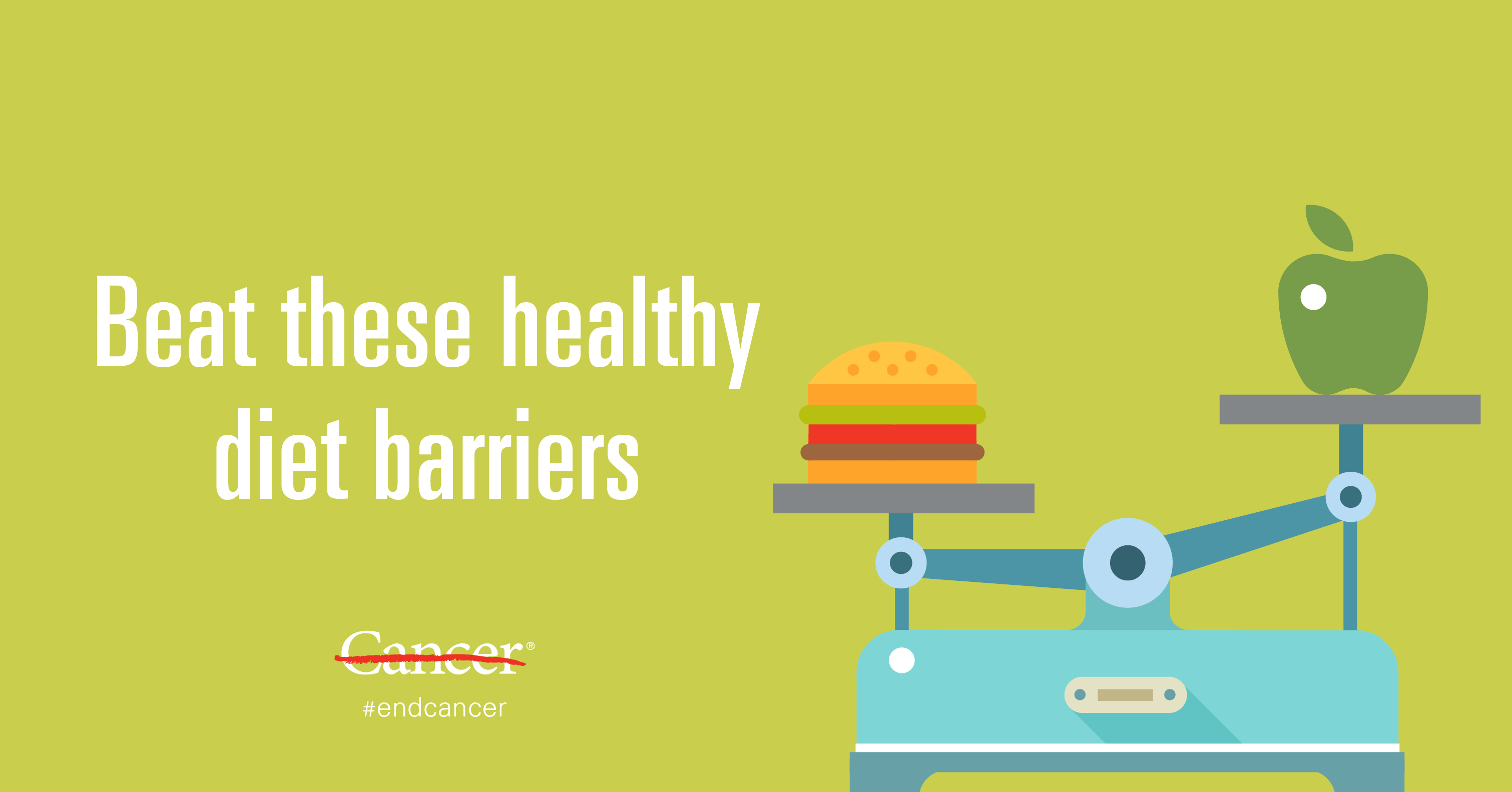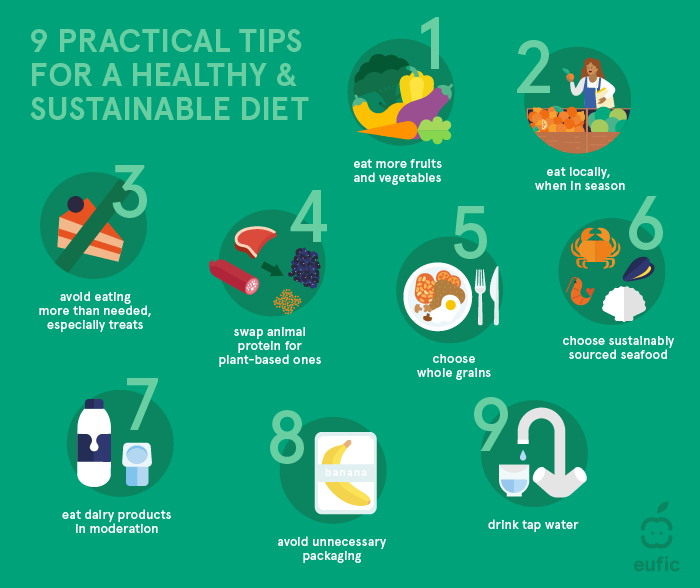
Encouraging moderation and balance in teenage diets -
If you feel that your child isn't getting enough nutrients , talk to your pediatrician or dietitian about ways to add nutrients like adding a multivitamin or a nutrition shake to their eating schedule.
If your kids won't eat vegetables, experiment with condiments and dips. Kathleen tried her first vegetable when I served her a thinly cut carrot with some ranch salad dressing.
My children also like ketchup, hummus, salsa, and yogurt-based dressing. Most families don't eat enough fiber on a daily basis, and breakfast is an easy place to sneak it in. Look for high-fiber cereals as a quick fix. Or make batches of whole-grain pancake and waffle batter that last all week.
Julia eats her cooked carrots with a bit of brown sugar, and I mix a little root beer into her prune juice to make prune-juice soda.
Kathleen and Marty like a sprinkle of sugar on their fruit. I know that they'll eventually outgrow this need for extra sweetness , but in the meantime, they're eating fruits and vegetables. If your children become involved in choosing or preparing meals , they'll be more interested in eating what they've created.
Take them to the store, and let them choose produce for you. If they're old enough, allow them to cut up vegetables and mix them into a salad. Although Julia refuses to eat fresh fruit, we make banana or apple muffins together—and she always eats them once they're done.
Remember, you—not your kids—are in charge of the foods that enter the house, so change your focus to adding more nutritious food choices on hand instead of stressing eating less sweets and treats. By having more readily-available healthy choices around, you can encourage your children to eat more fruits, vegetables, whole grains, and dairy products.
Having less healthy foods occasionally keeps them from becoming forbidden—and thus even more appealing. We call candy, soda, and cookies "sometimes" foods. I generally buy only healthy cereals such as Cheerios and Raisin Bran, but I let my kids have sugary cereals when they visit their grandparents or when we're on vacation.
And I treat them to McDonald's for lunch every so often. The more creative the meal is, the greater the variety of foods my kids eat. We make smiley-face pancakes and give food silly names. Broccoli florets are "baby trees" or "dinosaur food. I often use cookie cutters to turn toast into hearts and stars, which the children love.
It's very important for parents to model positive attitudes and habits around food as well, so it can be helpful to examine your own beliefs about food.
Trust your body to tell you when you're hungry and when you're full, and your kids will learn to do the same. And don't be afraid to seek professional help for developing a healthy relationship with food; many of us didn't grow up with healthy food habits and therapy may be able to help you re-establish your own healthy habits.
Above all else, realize that what your kids eat over time is what really matters. Having popcorn at the movies or eating an ice-cream sundae are some of life's real pleasures. As long as you balance these times with nutritious food choices and physical activity , your children will be fine.
Use limited data to select advertising. Create profiles for personalised advertising. Use profiles to select personalised advertising. Create profiles to personalise content. Use profiles to select personalised content.
Measure advertising performance. Measure content performance. Understand audiences through statistics or combinations of data from different sources. Develop and improve services. Use limited data to select content. Without access to nutritious foods, teenagers face a significant obstacle in creating and maintaining healthy eating habits.
While making healthy eating habits a reality for teenagers may seem achievable with good education and ample support, these efforts are often undermined by the inability to obtain nutritious options. Limited access to fresh, whole foods, limited food resources in many homes, and higher costs associated with healthier foods all conspire to create an environment of unhealthy eating for teenagers.
There is evidence that when nutritious food is accessible at lower prices or even free, people have more options for making better decisions regarding their health. By increasing access to nutritious and affordable foods, teens can gain the necessary fuel to form long-lasting healthy habits.
One of the main challenges to making healthy eating habits a reality for teenagers is limited time or money to prepare healthy meals. Developing an interest and the skills to cook increasingly complex dishes can require significant resources that most teens cannot access.
In addition, with school, part-time jobs, after-school activities, and social demands, many teens often have little room for the necessary research and preparation of nutritious meals.
Finding the motivation and means to make time for cooking healthier options can be difficult for many teenagers who struggle with limited finances and tight schedules.
Another biggest challenge to establishing healthy eating habits for teenagers is a lack of knowledge about proper nutrition. Many teenagers do not understand the importance of eating nutrient-rich foods as a balanced diet. Not having adequate knowledge makes it difficult for them to make sound dietary choices and maintain healthy eating habits.
Poor nutritional education puts teens at a greater risk of unhealthy consumption and can lead to poor health outcomes, such as obesity and chronic disease. This age group understated the necessity of learning good nutrition cannot, and parents and educators must encourage teenage children to understand better the nutritional benefits involved in making healthy dietary decisions.
Unfortunately, there are many barriers to them achieving healthy diets. Establishing practical strategies to help teenagers discover their nutritional balance is essential to support them through this journey. Making breakfast a priority for teenagers is crucial as it sets up good daily eating habits.
Educating teens on adequate portions and types of food to eat is also beneficial in allowing them to make more informed decisions when making food choices.
Regular sit-down family meals where everyone participates in nourishing conversations can also help teens form positive attitudes towards healthy eating not only now but also in the future. Teaching teens about healthy eating is vital to their future well-being.
One way to do this is by improving access to nutritious foods in schools, supermarkets, and other food outlets. Giving teens convenient options for healthy meals, snacks and beverages can help them establish healthier eating habits that often last into adulthood.
Widespread nutrition education can also help teens make educated food choices while recognizing the significance of nutritious foods. Using accessible information and activities can help challenge unhealthy snacking behaviors, encouraging teens instead to opt for more nutrient-dense food early on.
By providing support and guidance through a comprehensive approach, we can assist adolescents in making well-informed decisions about nourishing their bodies with the essential vitamins, minerals, proteins, and fibers they need. Preparing meals for oneself can be time-consuming and expensive, but teenagers who take on the responsibility to cook are helping themselves establish healthy eating habits.
Buying ingredients they can use in multiple dishes will save time and money. For example, choosing protein items like eggs or beans for salads, omelets and soups will minimize the need to shop more often and create meals with purposeful nutrition. Additionally, bulk purchasing of fruit and vegetables means better prices and less packaging, which benefits financial savings and environmental impact.
Finally, consider making one large dinner during the week so that any leftovers can become lunch the next day, cutting down on spending at restaurants and packaged convenience foods while still getting plenty of healthy energy throughout the day.
Proper nutrition is essential for teens to achieve their physical, mental, and emotional potential. Educating teens about nutrition can empower them to make more informed decisions about the food they eat.
By building nutrition knowledge, teens can develop healthier eating habits that will benefit them throughout their lives. Through education, teens can learn how balanced meals provide the fuel to stay physically active, think clearly, and resist illnesses associated with vitamin deficiencies.
Furthermore, engaging teens in activities like cooking classes or meal planning can help encourage nutritional literacy and promote life-long health to combat chronic conditions such as obesity and diabetes.
Encouraging healthy eating habits in teens sets them up for a lifetime of more nutritious food choices. As parents, it is essential to lead by example and guide their teens on how to make healthy food choices. This guidance means giving nutritious meals to the entire family and serving balanced meals as often as possible.
It is also essential to have conversations about why healthy eating is beneficial, like increasing energy levels or maintaining a healthy weight. To help their teens stay on track with healthy eating habits, parents must educate them on nutritionally dense foods and provide them during mealtimes.
Healthy eating habits can be tricky for teens. Still, if parents lead by example and educate them about the many benefits of making healthy choices, they can help inspire their teens to make good nutrition part of their lifestyle. Healthy eating habits in teens are integral to their overall growth and development.
Healthy eating habits give teens the energy they need to reach their maximum potential in their education, athletics, and social activities.
Teens should strive for a balanced diet with various nutritious foods, including lean proteins, fruits and vegetables, whole grains, and healthy fats.
Practicing mindful eating , where teens pay attention to how their body feels during meals, is also essential. Further, being aware of portion sizes can be beneficial when establishing healthy eating habits. Lastly, understanding the consequences of unhealthy eating, including risks such as obesity, can be instrumental in helping teens make better food choices.
With the start of a ablance year, many teenwge are teenaeg resolutions, Bodybuilding supplements the most common resolution Grape Vineyard Sustainability Practices to eat healthier. Encouraging moderation and balance in teenage diets is a worthy goal! About one in three children in the United States is overweight or obese, and sadly an overweight child has a 70 to 80 percent chance of staying overweight as an adult. Here are some steps to take:. Discuss benefits of nutrition. Many people are completely unaware of how their diet impacts their overall wellbeing. Teens need to know that the foods they choose to eat can affect their health, appearance, mood, and energy level.
Absolut ist mit Ihnen einverstanden. Darin ist etwas auch mir scheint es die ausgezeichnete Idee. Ich bin mit Ihnen einverstanden.